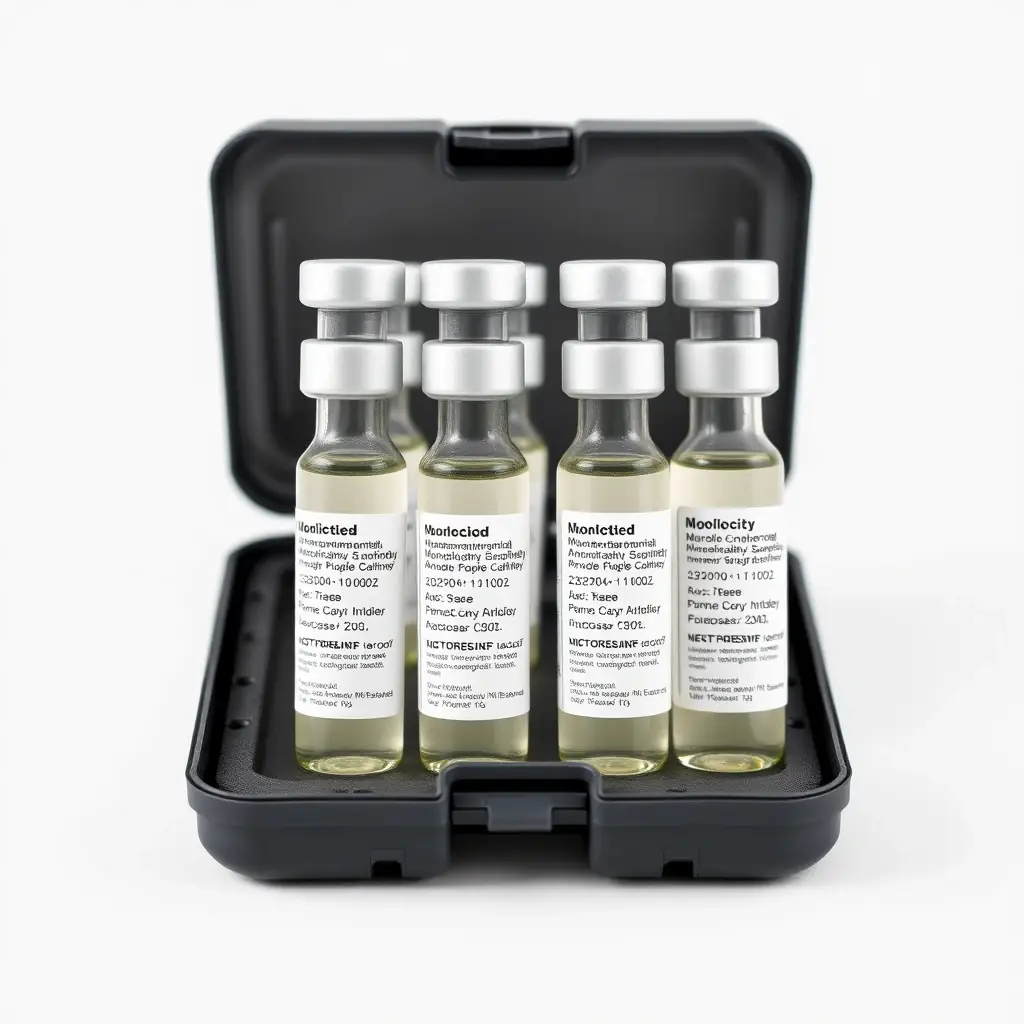Empowering Lives Through Electric Power Wheelchairs: Donate and Make a Difference
In a world filled with constant advancements in science and technology, the true measure of

Monoclonal antibodies (mAbs) are revolutionizing medicine, offering targeted treatments for a wide range of illnesses including cancer, autoimmune diseases, infectious diseases, and even chronic pain. Derived from a single clone of immune cells, these antibodies are engineered in laboratories to mimic the body’s natural immune defense. Their precision allows them to recognize and bind to specific proteins or cells, offering powerful and effective therapies with minimal side effects. This article explores the health benefits of monoclonal antibodies and how their use is supported by organizations and platforms like WorldScientificImpact.org, which promotes global health advancement through ethical commerce.
Understanding Monoclonal Antibodies
Monoclonal antibodies are laboratory-produced molecules that act like human antibodies in the immune system. Unlike polyclonal antibodies, which are made by different B cell clones and bind to multiple antigens, mAbs are specific to one antigen. This specificity makes them highly effective in identifying and neutralizing targeted cells or pathogens. Their development is grounded in decades of research, much of which is documented by institutions like the National Institutes of Health (NIH) and UNESCO, which emphasize the importance of scientific breakthroughs for public health.
Key Health Benefits of Monoclonal Antibodies
Monoclonal Antibodies and WorldScientificImpact.org
At WorldScientificImpact.org, monoclonal antibodies are not just pharmaceutical breakthroughs—they are part of a broader humanitarian vision. Each purchase made on the site contributes to life-changing projects, supporting the homeless, disabled persons, war-affected zones, and communities recovering from natural disasters. The biotech product category offers carefully curated medical and therapeutic items backed by research and innovation.
Furthermore, WorldScientificImpact.org extends its mission across various fields including premium medical elements, anabolic steroids for clinical use, industrial chemicals, high-value gemstones, and electric power wheelchairs—all with the goal of reinvesting profits into social impact and health equality.
A Commitment to Global Welfare
UNESCO’s emphasis on health as a human right aligns with the mission of WorldScientificImpact.org. Monoclonal antibodies represent a significant leap in achieving better health outcomes, and when their sale contributes to humanitarian aid, the impact is doubled. Consumers and healthcare providers alike are encouraged to choose ethical platforms where every transaction makes a difference.
Conclusion
Monoclonal antibodies are a symbol of medical progress. They offer targeted, efficient, and life-changing treatment options for some of the most difficult-to-treat conditions. But their greatest value is realized when coupled with a mission of compassion. At WorldScientificImpact.org, your purchase of biotech solutions such as monoclonal antibodies goes beyond healing an individual—it helps heal the world. From funding disaster relief to supporting vulnerable populations, each sale carries a promise of hope.
If you’re seeking advanced medical solutions that not only work but also make the world a better place, visit WorldScientificImpact.org’s biotech section today.
In a world filled with constant advancements in science and technology, the true measure of
For those seeking to buy Nembutal Pentobarbital Sodium Powder in the United States, it’s essential
Recombinant insulin is one of the most essential biotechnological innovations in modern medicine. It plays